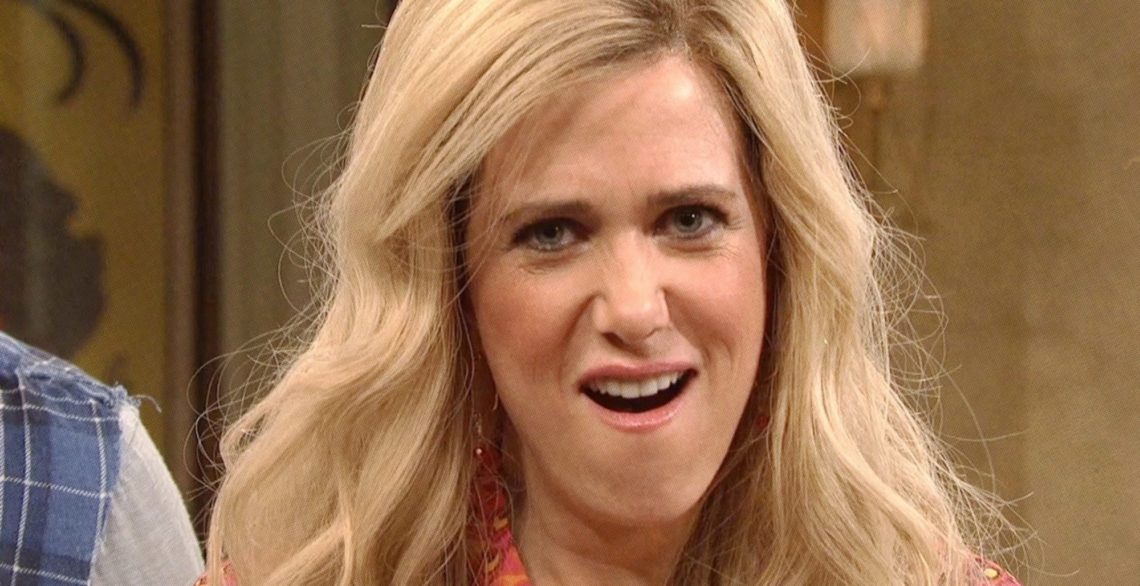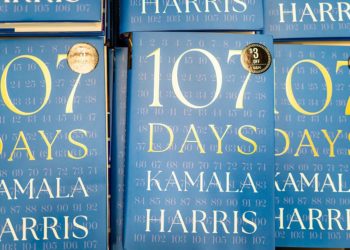I know I’m guilty of it. I blame it on being from the West Coast. Every “like” that slips out of my mouth feels like a dead giveaway of growing up near the Pacific. But apparently, it’s an American thing. According to a new study from Preply, Americans are becoming hyper-aware of their filler words, and Google searches for “filler words” have jumped 144% in the past month. A viral “no filler words” trend is pushing people to record themselves speaking for a minute without saying “um,” “like,” or “so.” Most fail within seconds.
Filler words started generations ago, but their cultural staying power says a lot about us. Linguists trace them back to mid-century radio, when natural conversation began to replace polished speech. Then came the 1980s, when the “Valley Girl” voice turned “like” into a nationwide reflex. That sing-song cadence, immortalized by Clueless and countless mall interviews, became both an accent and an attitude. Hence, my speech now. What started in San Fernando spread to every state with a Starbucks.
Now, those same habits follow us into offices, classrooms, and podcasts. Preply found that 98% of Americans use filler words regularly. “Um,” “so,” and “like” remain the biggest offenders, with California leading the charge on “like” (case in point) and 34 states favoring “um.” Sylvia Johnson, a language expert at Preply, says people underestimate the power of silence. “Pauses can be a powerful tool in communication, giving listeners time to absorb what you’ve just said,” she told the outlet.
Why The Valley Girl Voice is (Finally) Dying
The self-consciousness makes sense. Around 74% of Americans believe their speech habits affect career prospects, while 43% think they influence dating and relationships. Over-apologizing, mumbling, and talking too fast also ranked among the most common complaints. Basically, everyone’s trying to sound more confident while saying less.
Improvement, according to Johnson, starts with awareness. Slowing down helps your brain catch up to your mouth. No one likes hearing themselves speak, but recording yourself can expose how often you lean on filler words without realizing it. Reading aloud can stretch your vocabulary so you have more options when your mind blanks. Above all, she says, progress takes time and practice.
Still, there’s beauty in linguistic imperfection. Over 80% of people with regional dialects or accents told Preply they’re proud of how they sound. Maybe that’s the lesson buried in all this self-editing: you can polish your speech without scrubbing out your personality. After all, a little “like” never killed anybody.
The post So, Like, Americans Are Finally Over the ‘Valley Girl’ Voice appeared first on VICE.




